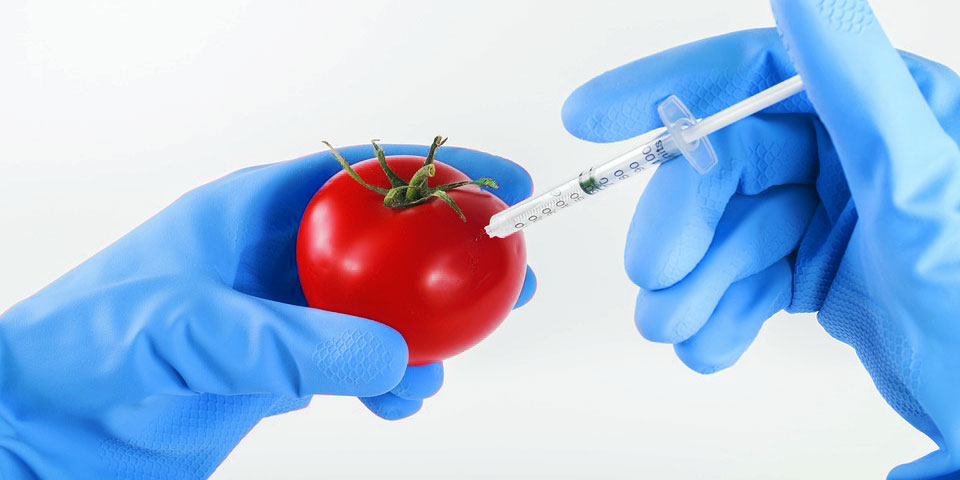Producing food in massive amounts with minimal cost can feed more people and help the fight against world hunger, sounds good right? But the subject is not that black and white.
Copyright-free image from Google
__________________________________________________
Clearly this is a serious problem when one in seven people across the globe are hungry, according to the Food Aid Foundation, but we may have found the answer to world hunger in GMO crops. Genetically Modified Organisms have the DNA of one species of plant or animal artificially inserted into another plant or animal to create desired traits that would not otherwise occur naturally. This can create a higher yield (even in regions with low annual rainfall), a more desirable look or resistance to pesticides, weed killers or bugs, making the production of food much more efficient and cost-effective. At face value this would seem to be the best solution to end the age-old problem of world hunger. However, like most things in life, it’s not that simple. Monsanto, based in St. Louis and purchased in June 2018 by the German company Bayer, is the largest genetically modified seed producer in the world, netting $2.26 billion in 2017. The margin of profit is high but that can come at the expense of the public’s health. Monsanto’s top-selling pesticide Roundup has the active ingredient glyphosate, which the World Health Organization lists as “probably carcinogenic.” Admittedly the WHO’s assessment of glyphosate is slightly ambiguous but the risk is there, and anyone who has children wants that risk as close to zero as possible, and “probably” is not reassuring at all. If you took your car to a mechanic and he hands you the keys back while proceeding to tell you “the problem is probably fixed,” you would not accept that, so why accept that from Monsanto, which is now Bayer? A study by the Environmental Working Group showed that 43 out of 45 products tested had the chemical glyphosate in them; 31 of the 43 that had glyphosate in them were at levels not safe for children. “I was shocked,” said Dr. Jennifer Lowery, head of the Council on Environmental Health for the American Academy of Pediatrics and toxicologist at Children’s Mercy Kansas City. “We don’t know a lot about the effects of glyphosate on children, and essentially we’re just throwing it at them.” Conversely the EWG tested 16 organic products, and five were found to have glyphosate, however, all five were under the EWG’s health benchmark. If feeding the world means possibly poisoning the very people you are feeding, I dare say another solution must be found. There is not enough research done on glyphosate to know how it can harm children through continued consumption. Monsanto (now Bayer) stands by its original position on glyphosate, stating they believe their product does not cause cancer and continuing to use it in their products. Even though a jury in California ordered Monsanto to pay a man $289 million in damages after he claimed the company’s weed killer caused his cancer, Monsanto’s defense is that they have followed the EPA’s standards and guidelines. The EPA states: “The draft human health risk assessment concludes that glyphosate is not likely to be carcinogenic to humans.” However, California has listed the chemical as “known to the state to cause cancer,” so the state of California apparently has higher standards than the EPA, or it’s totally missing the mark, but who knows? How much can we trust the EPA? The EPA’s chief, Scott Pruitt, submitted his resignation on July 5, 2018, due to his questionable ethics while running the EPA. Pruitt met with a mining company CEO last year and just hours afterward told his staff to withdraw a plan to protect a watershed in Alaska from certain mining activities. With leadership like this, how can the public trust EPA safety standards and designations when they take actions like this? Perhaps we should consider the cost of feeding the world with GMO products. For now we have to accept the narrative that Monsanto — moving forward as Bayer — is a company with the technology to feed the world, until more concrete evidence is found. The evidence certainly calls into question the morality of the company as well as the governing bodies that regulate it. All things in the dark come to light and when that happens hopefully we can feed our children with products that are not hazardous to their health while also finding a way to end world hunger.
